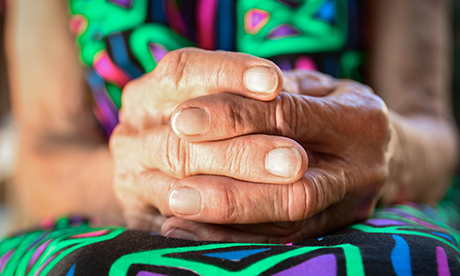In his Pensées, published posthumously in 1670, the French philosopher Blaise Pascal appeared to establish a foolproof argument for religious commitment, which he saw as a kind of bet.
If the existence of God was even minutely possible, he claimed, then the potential gain was so huge – an “eternity of life and happiness” – that taking the leap of faith was the mathematically rational choice.
Pascal’s wager implicitly assumes that religion has no benefits in the real world but some sacrifices.
But what if there were evidence that faith could also contribute to better well-being?
Scientific studies suggest this is the case. Joining a church, synagogue or temple even appears to extend your lifespan.
These findings might appear to be proof of divine intervention, but few of the scientists examining these effects are making claims for miracles.
Instead, they are interested in understanding the ways that it improves people’s capacity to deal with life’s stresses.
“Religious and spiritual traditions give you access to different methods of coping that have distinctive benefits,” says Doug Oman, a professor in public health at the University of California Berkeley.
“From the psychological perspective, religions offer a package of different ingredients,” agrees Prof Patty Van Cappellen at Duke University in Durham, North Carolina.
Studying the life-extending benefits of religious practice can therefore offer useful strategies for anyone – of any faith or none – to live a healthier and happier life.
You may find yourself shaking your head in scepticism, but the evidence base linking faith to better health has been decades in the making and now encompasses thousands of studies.
Much of this research took the form of longitudinal research, which involves tracking the health of a population over years and even decades.
They each found that measures of someone’s religious commitment, such as how often they attended church, were consistently associated with a range of outcomes, including a lower risk of depression, anxiety and suicide and reduced cardiovascular disease and death from cancer.
Unlike some other areas of scientific research suffering from the infamous “replication crisis”, these studies have examined populations across the globe with remarkably consistent results.
And the effect sizes are large.
Dr Laura Wallace at the University of Chicago Booth School of Business, for instance, recently examined obituaries of more than 1,000 people across the US and looked at whether the article recorded the person’s religious affiliation – a sign that their faith had been a major element of their identity.
Publishing her results in 2018, she reported that those people marked out for their faith lived for 5.6 years more, on average, than those whose religion had not been recorded; in a second sample, looking specifically at a set of obituaries from Des Moines in Iowa, the difference was even greater – about 10 years in total.
“It’s on par with the avoidance of major health risks – like smoking,” says Wallace.
To give another comparison: reducing hypertension adds about five years to someone’s life expectancy. Continue reading
Additional readingNews category: Analysis and Comment.




